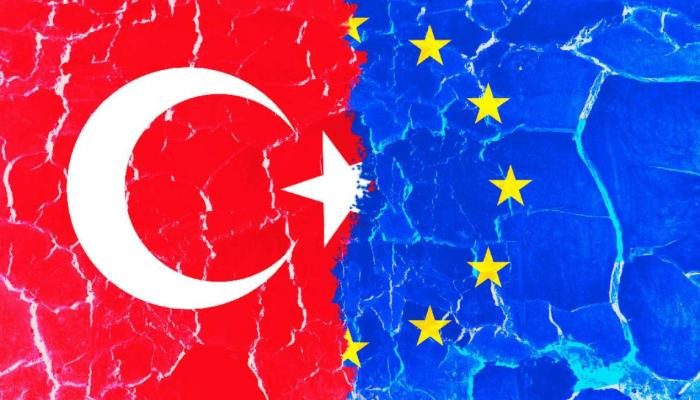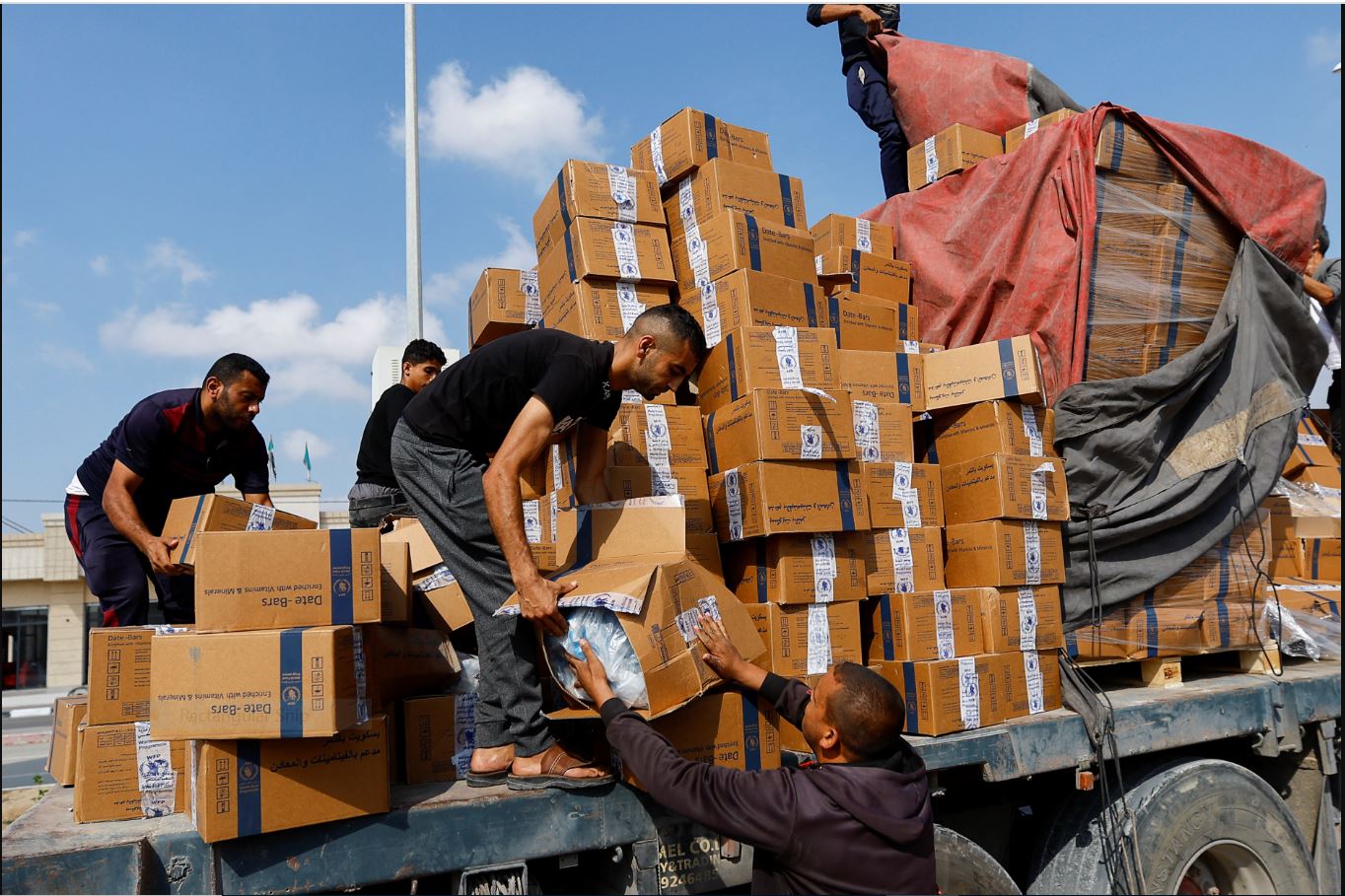France, EU lawmakers push for sanctions on Turkey next month
Paris (Reuters) – The European Parliament urged the EU on Thursday to impose sanctions on Turkey after President Tayyip Erdogan this month paid a visit to the breakaway Turkish Cypriot north of Cyprus.
With 631 votes in favour, three against and 59 abstentions, the parliament agreed a non-binding resolution in support of EU member Cyprus urging EU leaders to “take action and impose tough sanctions in response to Turkey’s illegal actions”.
The resolution is likely to bolster support for France’s push for EU sanctions on Turkey next month, following through on a threat made by the bloc in October over a dispute between Ankara and EU members Greece and Cyprus over natural gas rights.
The parliament resolution called Turkey’s gas exploration in the eastern Mediterranean “illegal”, a charge Ankara rejects.
Paris, at odds with Ankara on other issues too, has not yet drawn up detailed sanctions, but diplomats say any measures would likely target areas of Turkey’s economy linked to its hydrocarbon exploration, such as shipping, energy and banking.
“Turkey knows what it needs to do,” French Foreign Minister Jean-Yves Le Drian told a French parliamentary hearing this week. “Confrontation or collaboration, it’s up to them.”
Cyprus has been split along ethnic lines since a Turkish invasion in 1974 triggered by a brief Greek-inspired coup. Only Ankara recognises Northern Cyprus as an independent state.
Erdogan incensed Cyprus on Nov. 15 by visiting Varosha, a resort that has been fenced-off and abandoned in no-man’s land since 1974. Ankara backed the partial re-opening of Varosha in a move criticised by the United States, Greece and Greek Cypriots.
Germany Pivotal
Also at stake are a plan to broaden Turkey’s trade preferences with the EU, its top trading partner, and its formal status as a candidate to join the EU, which Austria says should end.
Erdogan has called for a boycott of French goods, which one EU diplomat said did not bode well for deeper trade relations.
“However, Turkey is a key partner in many areas, so there’s no consensus in the Council (of EU governments). It is still too early,” said another EU diplomat.
Turkey, a member of NATO, has slid towards authoritarianism under Erdogan’s rule in recent years, undermining EU priorities in Syria and Libya, but remains a strategically located partner that the EU cannot ignore.
Germany, current holder of the EU’s six-month presidency and Turkey’s biggest trade partner in Europe, holds the key to whether sanctions go ahead. It had hoped to mediate between Athens and Ankara, but was angered when Turkey resumed exploration for gas off Cyprus last month after a pause.
A new spat erupted this week between Germany and Turkey over the interception of a Turkish vessel in the Mediterranean.
“I think now there’s a common understanding that there will be sanctions,” said a senior EU diplomat. “The question is what the market will bear.”


